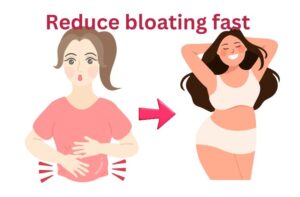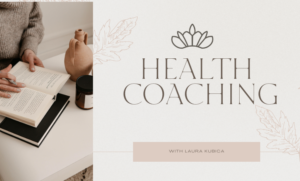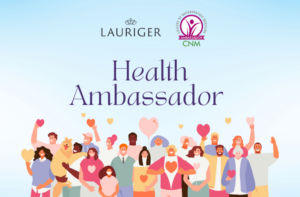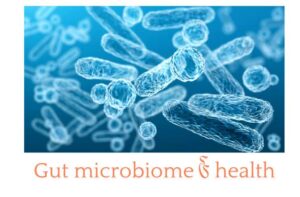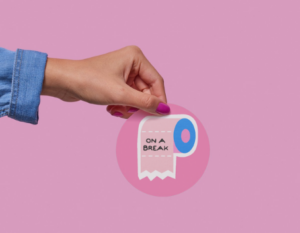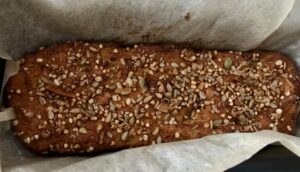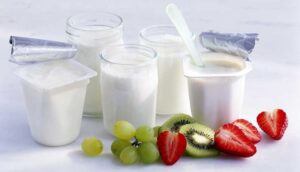5 ways to get ahead of a ‘January Detox’ – by a Health Coach
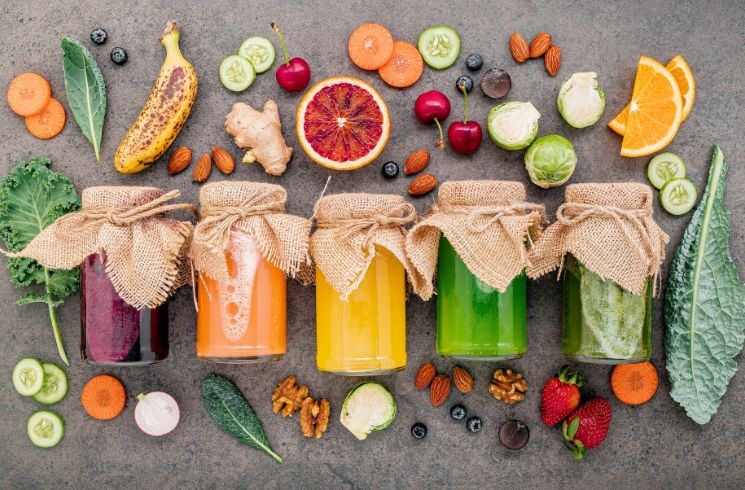
We often hear that we should detox after Christmas, detox before the summer, detox to lose weight, or detox to feel healthier. Is detoxification really that important?
Can we support detoxification to boost our energy now without waiting until January?
In this post, I share easy dietary changes and specific nutrients that can help detoxify buildup compounds in our bodies.
Toxicity occurs when the body is exposed to more toxins than it can deactivate and eliminate. Our liver naturally has an antioxidant and detoxification mechanism. It can get rid of chlorine, ammonia, and fluoride from tap water to a certain level. However, it can’t always cope with the overload of herbicides, pesticides, drug remnants, food colourings, toxins from cleaning products, or heavily polluted environments, which might need detoxification support.
Detoxification can release harmful substances into the body. When we detoxify, we remove poisonous substances that can cause various diseases.
Therefore, prevention is the best strategy. By following these simple lifestyle hacks, we can minimise exposure to toxins so we don’t have to deal with potentially harmful toxic overload.
Dry January
Increased consumption of alcohol during the holiday season leads is one of the biggest reasons why many choose ‘Dry January.’ However, alcohol is not the only toxin.
Food additives, antibiotics, hormones, meat, dairy products, water, and excess caffeine are additional chemicals our bodies must process.
Toxins we ingest
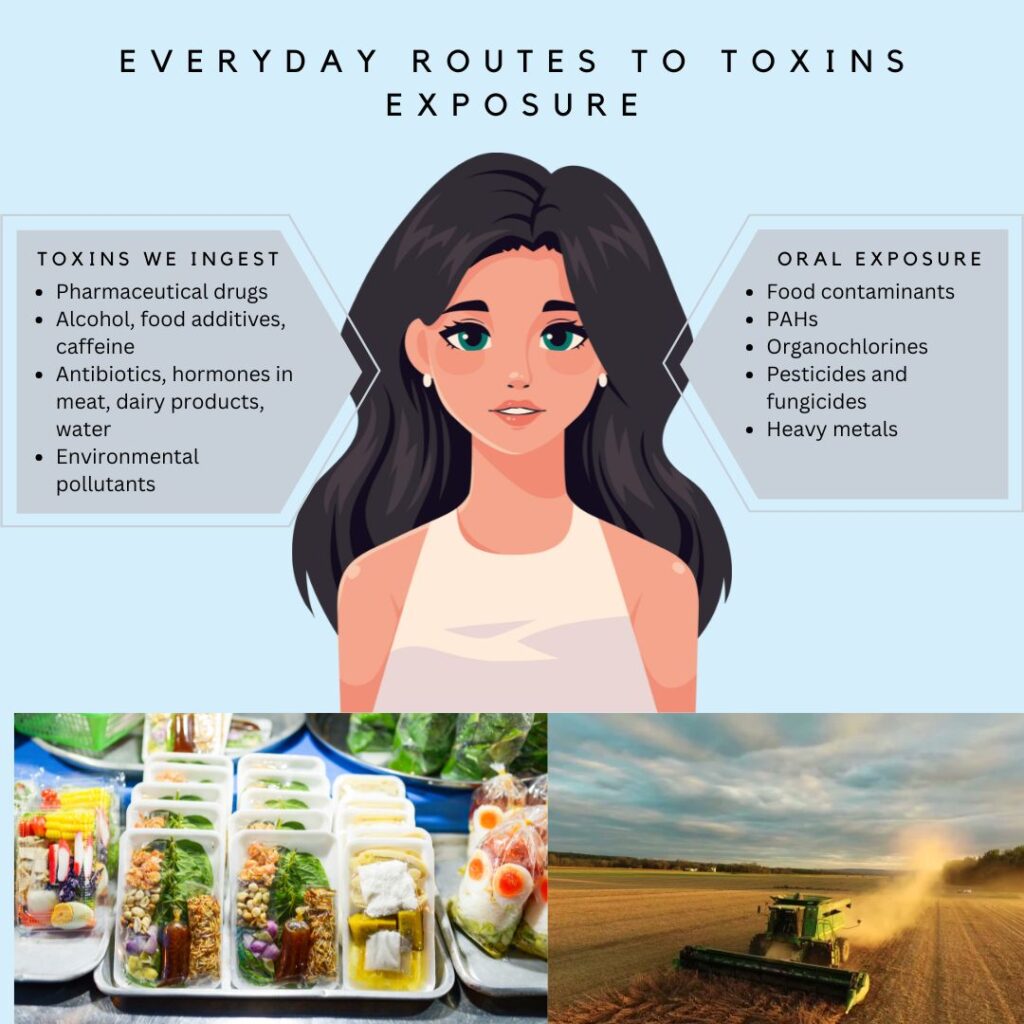
Toxicity: Signs and symptoms
Daily exposure to toxins requires mindfulness around what we put into our bodies. Symptoms of toxic overload are:
- Fatigue – unexplained.
- Mental fogginess, anxiety, low mood, headaches.
- Under-eye circles, skin breakouts.
- Digestive problems – bloating, IBS, feeling of incomplete evacuation, constipation or diarrhoea.
- Microbiome dysbiosis: premature ageing.
- Toxins are affecting the gastrointestinal tract, so you start to experience disruption in the microbiome.
- Bad breath.
- Poor immunity – recurring infections.
- Cellulitite – worsening.
If holidays mean you fall off the horse, don’t worry. You can always jump back on. The following four strategies will help you cope:
Reducing the toxic load
Reducing the toxic load is the first step in introducing detoxification. Here are four easy-to-adopt strategies:
- Include organic whole foods in your diet. Although organic is preferable, it’s not necessary that all foods are organic. Refer to the shopper’s guide to pesticides in produce. Called Clean Fifteen™ and Dirty Dozen™, these lists are regularly updated to help you reduce exposure to toxic pesticides.
- Read the labels. If you are buying pre-packaged foods, they are likely full of additives. If the list is long, it’s the first sign of caution.
- Consider the cleaning products you have at home. I swapped harsh chemical-based kitchen cleaners for white vinegar, nontoxic dishwasher tablets, and washing-up liquid. You can also rinse your vegetables in a veggie wash or use a homemade baking soda and vinegar solution.
- Dry skin brushing. This method is great for stimulating the lymphatic system. The main benefits are:
- improves immunity
- improves circulation
- removes dead skin cells
- energises the body
- reliefs stress
Start at the feet and brush towards the heart. Use natural, hard bristles only. Deep breathing and exercise also support lymphatic drainage.
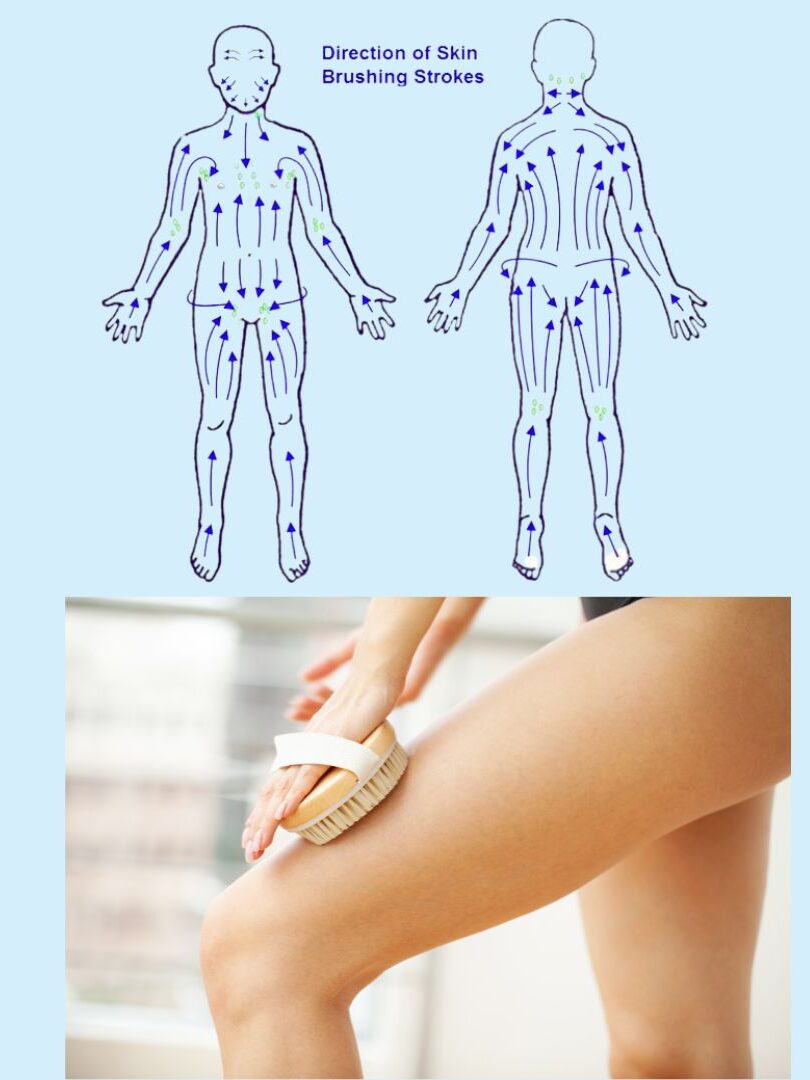
- 5. Move outside. Walking in nature is one of the best methods for removing toxins, burning calories, and uplifting your mood. Try Barefoot walk in the grass:
- Stimulates the entire body via reflex zones on the feet.
- Improves circulation.
- Relieves stress.
- It is ‘grounding’ (has anti-inflammatory effects).
What to eat to reduce toxic overload
Remember that the body needs minerals to neutralise toxins. Minerals are very alkalising to the body. Ensure the body is rich in minerals before starting any detoxification or fast.
Vegetables, nuts and seeds are the best sources of minerals. A range of minerals, like selenium (in Brazil nuts), zinc (eggs, quality fermented dairy), magnesium (almonds), manganese (hazelnuts, black tea), and vitamins C (brussel sprouts, broccoli, kiwi) and B vitamins (from quality meat, eggs, fish), and amino acids like glycine, glutamine, is needed for antioxidant defence systems in the body and to support the liver detox pathways.
Key takeaways
Remember that prevention is best way to reduce toxic overload. Be mindful and think about what you eat, what you are exposed to, and how you can reduce that. By managing what we eat throughout the year, we are less likely to overload during holidays, limiting the need for drastic detoxification that can release too many harmful toxins into our bodies.
As a result, we will notice improved skin, better digestion, deeper, more restful sleep, and more sustained energy throughout the day.
Newsletter Subscription
Stay up-to-date on all the news from Lauriger
Table of Contents
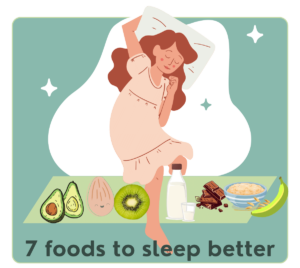
Top 7 Foods to Eat Before Bed to Support Your Sleep Naturally [updated with tips on how to eat them]
Read More »Sign up to our newsletter
By subscribing, I accept the privacy policy and I give my consent to receive Lauriger emails about news and offers.
© 2023 Lauriger. All rights reserved.

